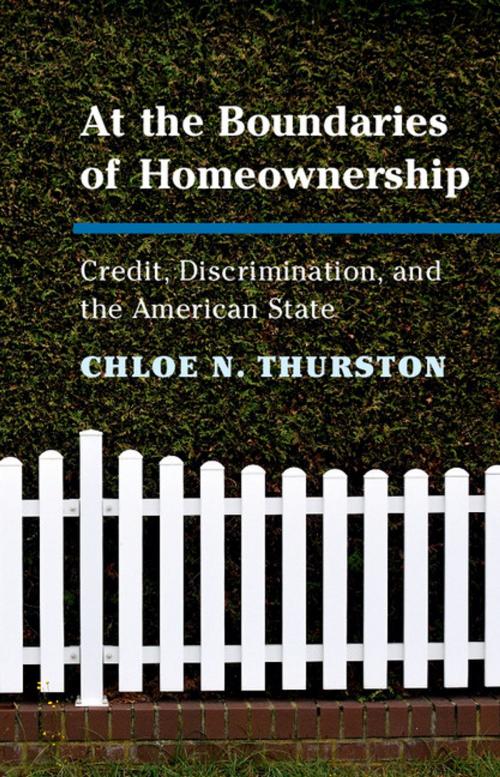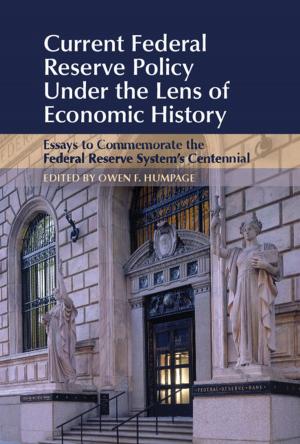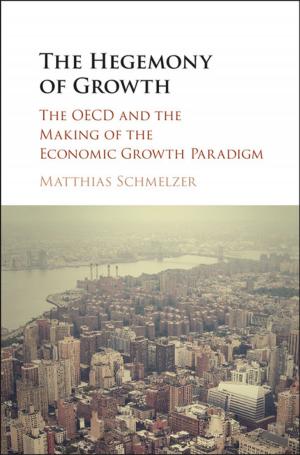At the Boundaries of Homeownership
Credit, Discrimination, and the American State
Nonfiction, Social & Cultural Studies, Political Science, Government, Social Science| Author: | Chloe N. Thurston | ISBN: | 9781108386548 |
| Publisher: | Cambridge University Press | Publication: | April 30, 2018 |
| Imprint: | Cambridge University Press | Language: | English |
| Author: | Chloe N. Thurston |
| ISBN: | 9781108386548 |
| Publisher: | Cambridge University Press |
| Publication: | April 30, 2018 |
| Imprint: | Cambridge University Press |
| Language: | English |
In the United States, homeownership is synonymous with economic security and middle-class status. It has played this role in American life for almost a century, and as a result, homeownership's centrality to Americans' economic lives has come to seem natural and inevitable. But this state of affairs did not develop spontaneously or inexorably. On the contrary, it was the product of federal government policies, established during the 1930s and developed over the course of the twentieth century. At the Boundaries of Homeownership traces how the government's role in this became submerged from public view and how several groups who were locked out of homeownership came to recognize and reveal the role of the government. Through organizing and activism, these boundary groups transformed laws and private practices governing determinations of credit-worthiness. This book describes the important policy consequences of their achievements and the implications for how we understand American statebuilding.
In the United States, homeownership is synonymous with economic security and middle-class status. It has played this role in American life for almost a century, and as a result, homeownership's centrality to Americans' economic lives has come to seem natural and inevitable. But this state of affairs did not develop spontaneously or inexorably. On the contrary, it was the product of federal government policies, established during the 1930s and developed over the course of the twentieth century. At the Boundaries of Homeownership traces how the government's role in this became submerged from public view and how several groups who were locked out of homeownership came to recognize and reveal the role of the government. Through organizing and activism, these boundary groups transformed laws and private practices governing determinations of credit-worthiness. This book describes the important policy consequences of their achievements and the implications for how we understand American statebuilding.















